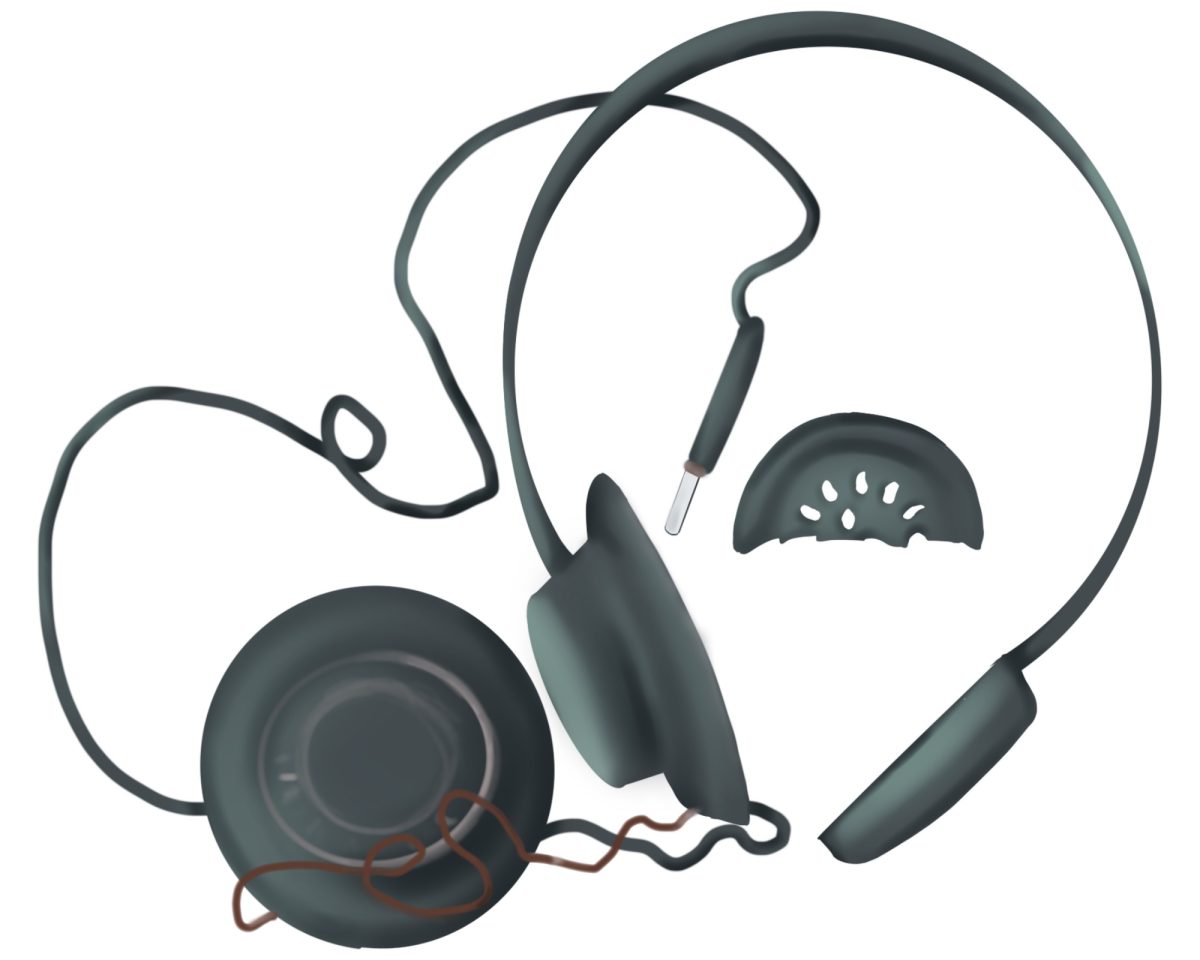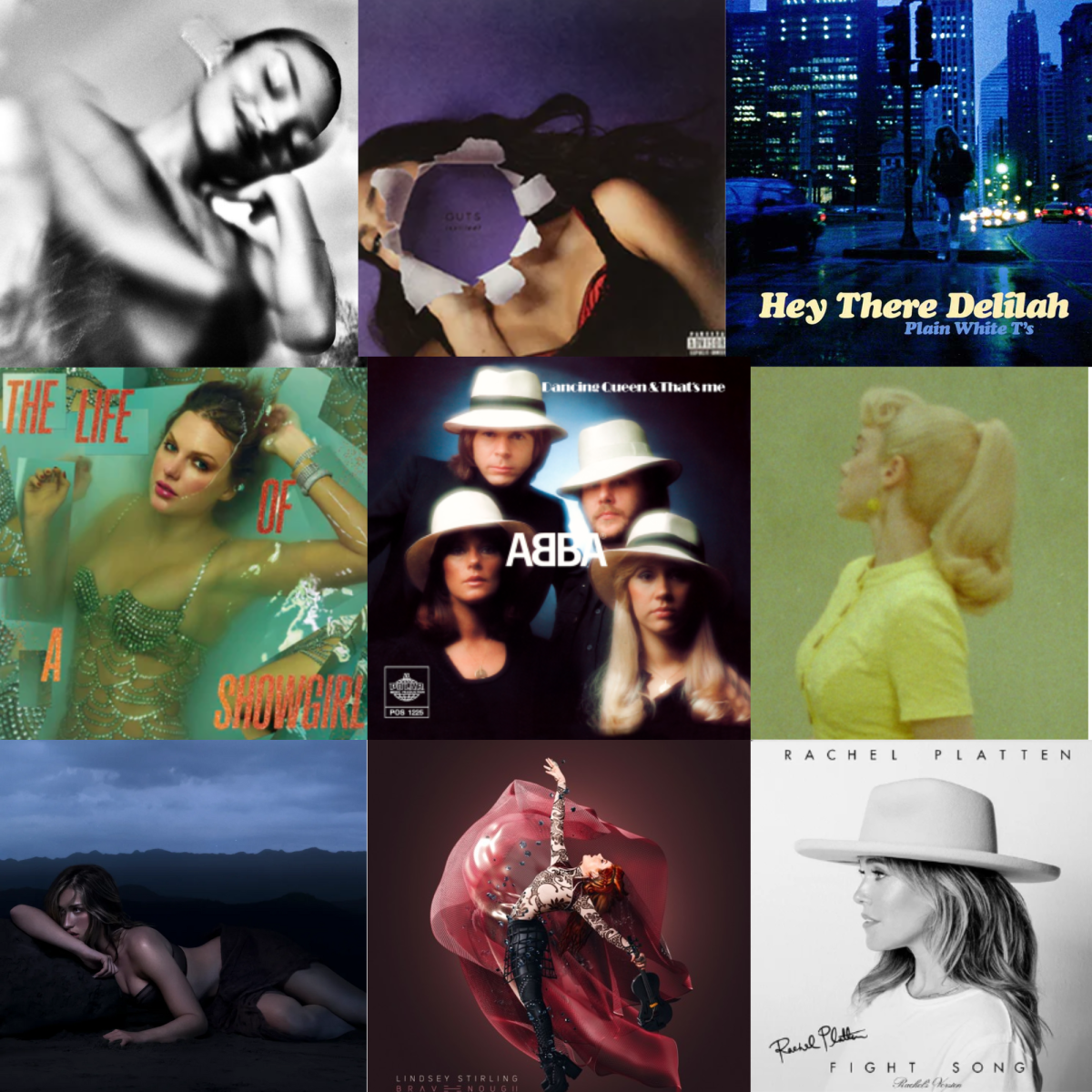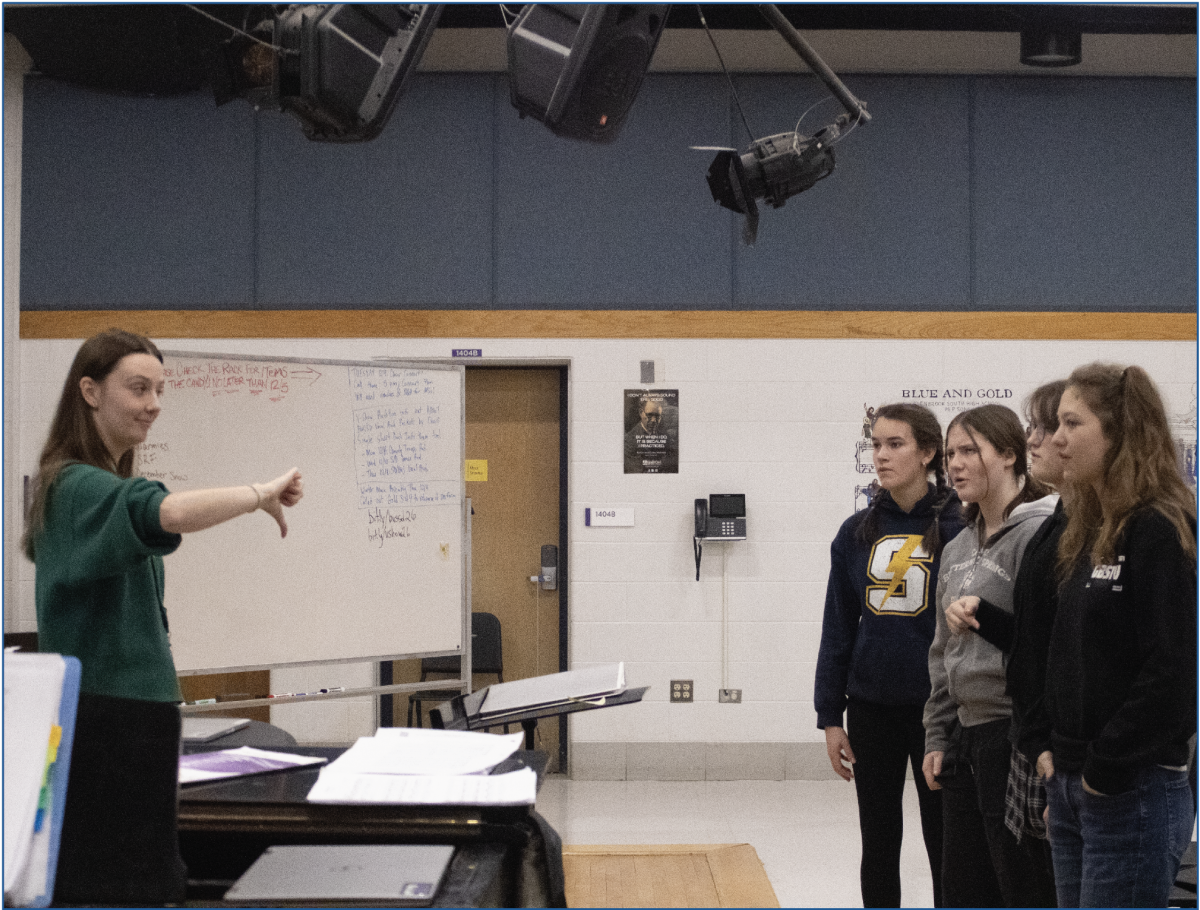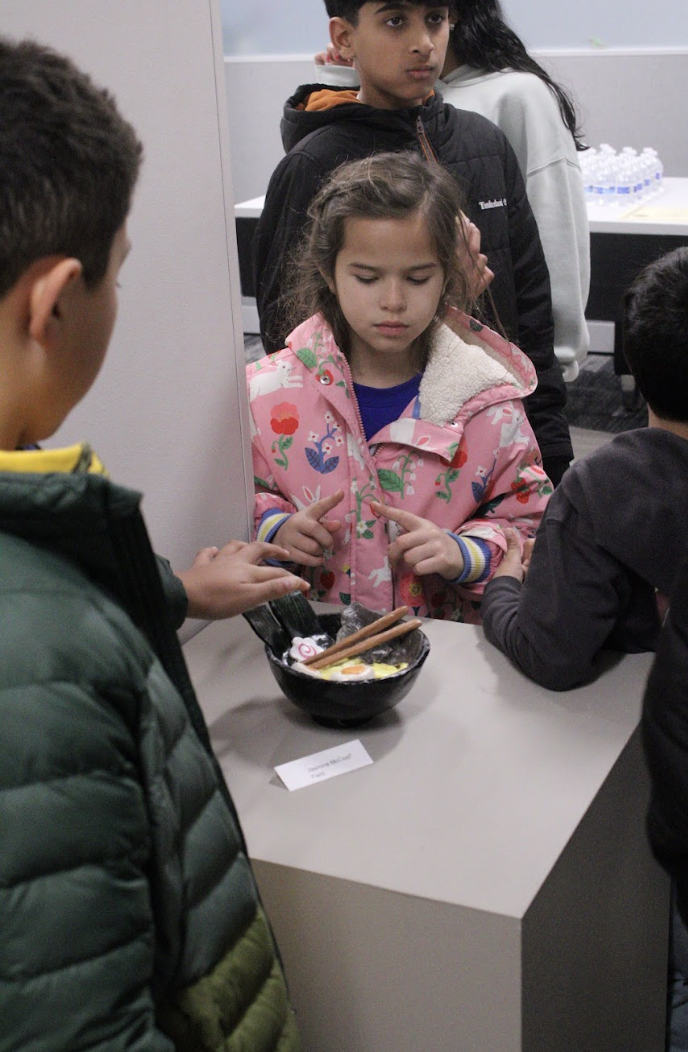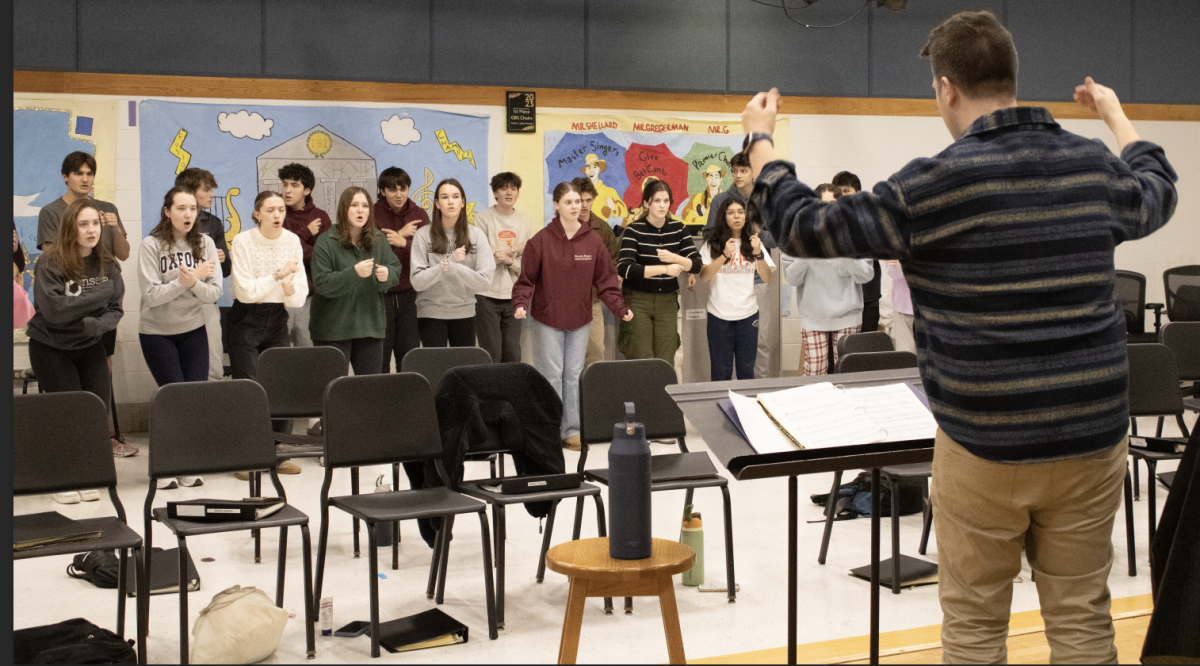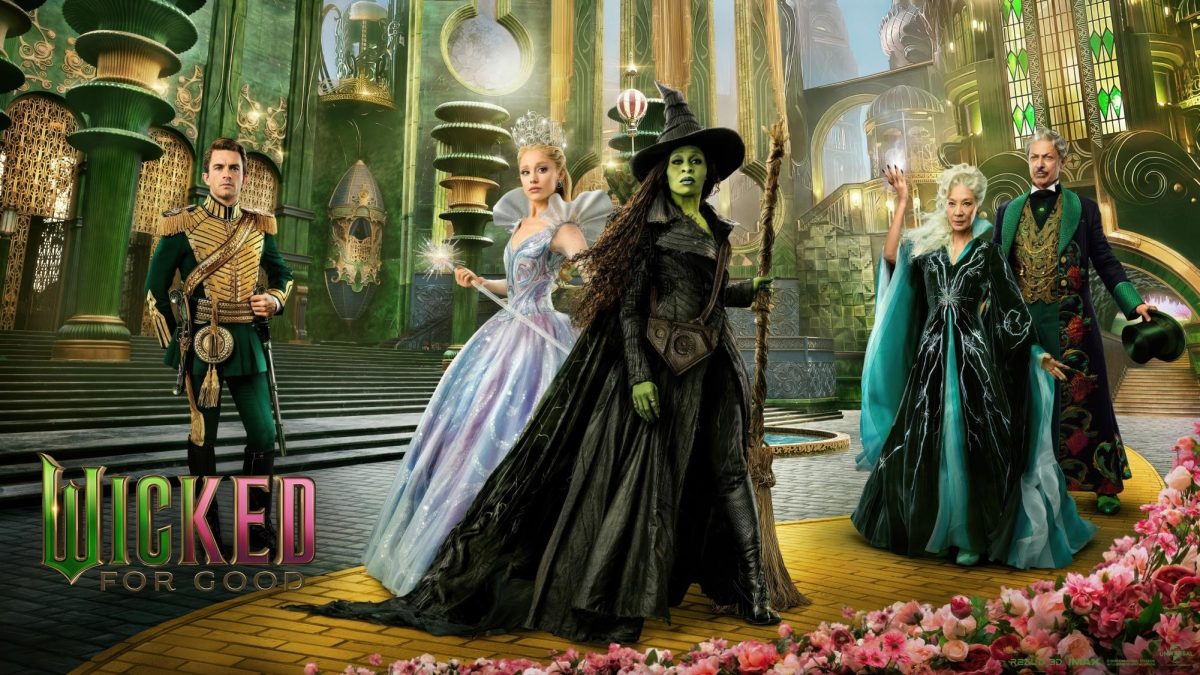During a dreary, exhausting school day, I often find myself popping in an Airpod and playing my favorite tunes to comfort myself. Most students also listen to music to experience a sense of relief throughout the day. However, it is important to be conscious about the music we are listening to, especially as it pertains to the artist.
From Elvis Presley’s abuse towards women to Lizzo’s abuse of her staff, controversial artists have plagued pop culture since musicians entered the mainstream. Nowadays, we as a society have worked towards holding these problematic people accountable, especially through the use of cancel culture. However, things can get messy when we get attached to music and, by correlation, the artist.
For instance, Kanye West.
Everyone has their definition of what makes a good person. Still, most can agree that the blatant anti-semitism, misogyny, and slavery denial exhibited by Kanye West makes him an objectively bad person. Yet, Kanye West’s music is very popular. He might’ve even been on your Spotify Wrapped. Whether you like him or not, holding 24 Grammys, having over 60 million monthly listeners on Spotify, and having four #1 Billboard Hot 100 hit singles make Kanye West exceedingly successful.
So what? Who cares how talented he is if he’s a bad person? Who cares about him being a bad person if he made the Graduation album? This is where we, as consumers, must carefully toe the line of appreciating the art without the artist.
The important part is balancing how much power you give a person and how much recognition you give them for their talent.
By listening to a popular problematic artist on Spotify, such as Doja Cat, who has regularly used homophobic and racial slurs, yet still maintains over 60 million monthly listeners, we are directly contributing to the problem. With Spotify paying $0.003 – $0.005 per stream on average, Doja Cat makes upwards of $1.8 million, putting her in a position of influence.
This causes the listener to promote the artist’s negative behavior, but it does not change the talent within her music. It is important to not prioritize music over promoting controversial behavior, however, it is realistic every once in a while to appreciate the music while ignoring the artists.
We should always listen to the victims of the problematic artists, acknowledge the artists’ behavior, and do our own research. However, it’s not worth the erasure of the work they have done for the industry, though they exhibited toxic behavior.
On a platform like Spotify, which has 11 million artists, it is more worthwhile to explore other artists who are more respectable while still creating masterful music. Listening to problematic artists’ music every once in a while is fine, paying respects to what they have done for the music industry. Though it’s also important to be knowledgeable that every time you do stream their song, you are directly supporting a person who has done bad things and hurt people.
Life is all about finding the middle ground. Even though some artists make great art, it is important not to give them a position of power.


